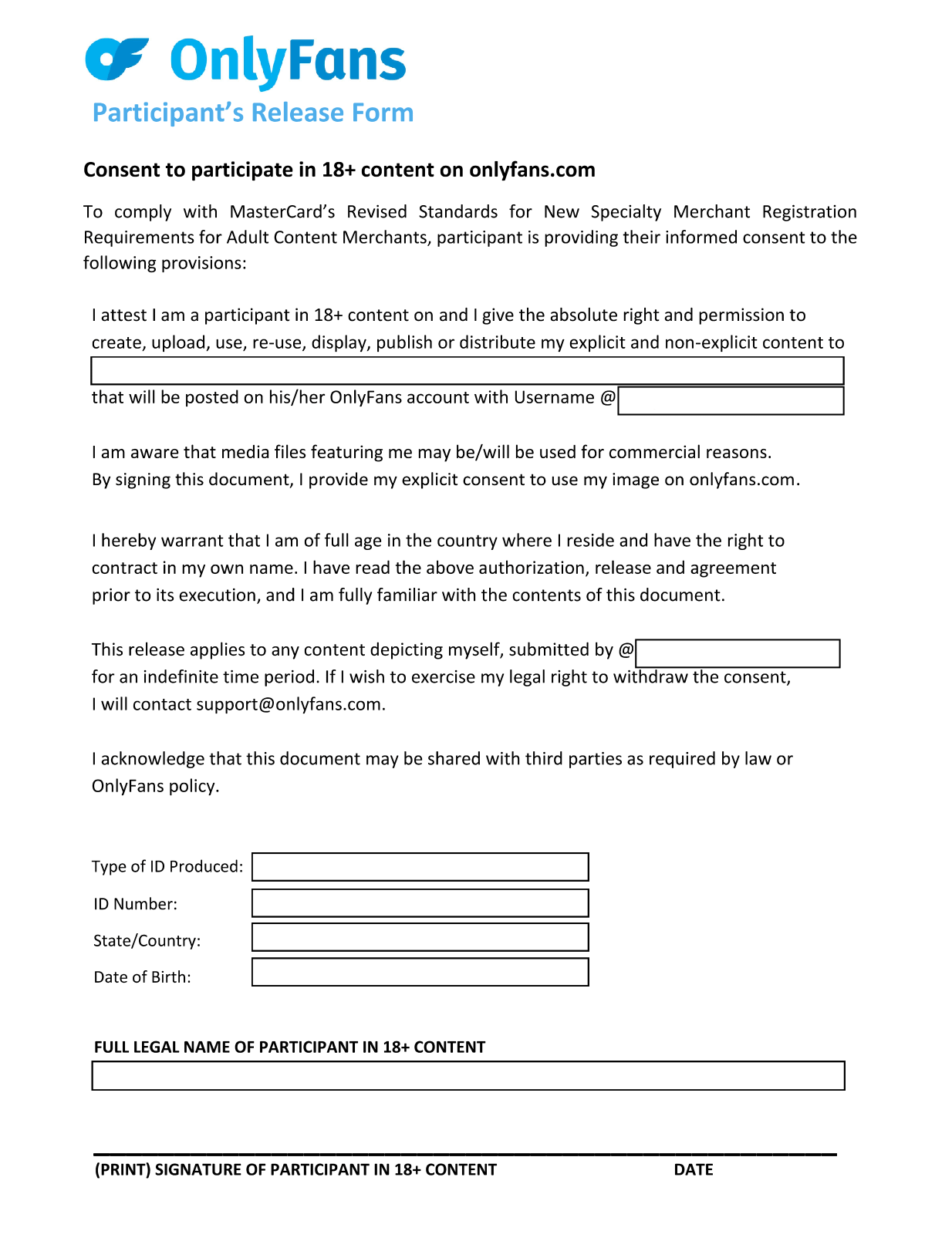How Do Scriptures Uplift Women? Faith Guidance

The role of scriptures in uplifting women is a complex and multifaceted topic, with various faiths and interpretations offering distinct perspectives. Across different religious traditions, scriptures have been used both to empower and to oppress women, reflecting the societal attitudes and biases of their times. However, when approached with a nuanced and contextual understanding, scriptures can indeed provide powerful guidance and inspiration for women’s empowerment and spiritual growth.
Historical Context and Evolution
Historically, many scriptures were written in patriarchal societies where women’s roles were often marginalized or overlooked. Despite this, there are numerous examples within these texts that highlight women’s agency, leadership, and spiritual significance. For instance, in the Hebrew Bible, figures like Deborah, a prophet and judge of Israel, and Ruth, a foreigner who becomes part of the royal lineage, demonstrate women’s capabilities in leadership and their inclusion in the divine plan.
Similarly, in Islamic scriptures, women like Khadijah, the first wife of the Prophet Muhammad and the first to believe in his prophethood, and Aisha, known for her intellect and contributions to the narration of hadith (sayings and actions of the Prophet), play pivotal roles. The Quran itself emphasizes the spiritual equality of men and women, stating that both will be judged based on their deeds, not their gender.
Spiritual Equality and Empowerment
One of the most significant ways scriptures uplift women is by affirming their spiritual equality with men. Many religious texts teach that all individuals, regardless of gender, have a direct relationship with the divine and are equally capable of spiritual growth and redemption. This principle is found in various forms across different faiths, from the Christian notion that in Christ “there is neither male nor female” (Galatians 3:28), to the Buddhist teaching that enlightenment is accessible to all, regardless of gender.
Moreover, scriptures often provide guidance on how women can live fulfilling lives, balance their roles, and find purpose beyond societal expectations. For example, the Bhagavad Gita, a Hindu scripture, discusses the paths to spiritual realization, including the path of selfless action (karma yoga), the path of devotion (bhakti yoga), and the path of knowledge (jnana yoga), which are accessible to all, including women.
Addressing Misinterpretations and Negative Perspectives
It’s also important to acknowledge that scriptures have sometimes been misinterpreted or used to justify discrimination against women. However, many faith communities are now working to reinterpret these texts in a more inclusive and equitable light, recognizing the historical and cultural contexts in which they were written.
Scholars and religious leaders are engaging in critical analyses of scriptures, uncovering interpretations that promote gender equality and challenging those that perpetuate inequality. This involves a deep understanding of the original languages, historical contexts, and the evolution of interpretations over time.
Practical Applications and Empowerment
Beyond theoretical interpretations, scriptures can offer practical guidance for women’s empowerment. They provide role models, teachings on resilience, and principles for living a virtuous life. For instance, the story of Mary in Christian scriptures, who accepts the Challenges of her faith with courage and humility, serves as a powerful example of faith and devotion.
Furthermore, many religious organizations and communities are now using scriptures as a basis for programs aimed at empowering women, addressing issues such as education, economic independence, and personal safety. These initiatives not only improve the quality of life for women but also contribute to the broader goals of gender equality and social justice.
Conclusion
The impact of scriptures on women’s lives is profoundly influenced by how these texts are interpreted and applied. While there have been instances where scriptures have been used to justify gender-based discrimination, a thoughtful and contextually informed approach can reveal a wealth of guidance and inspiration for women’s empowerment.
By embracing the inclusive and equitable messages found within scriptures, and by working to challenge and change harmful interpretations, women of faith can find powerful tools for personal growth, social change, and spiritual fulfillment. Ultimately, the upliftment of women through scriptures requires a commitment to understanding, dialogue, and action, ensuring that these sacred texts serve as sources of liberation and empowerment for all.
How do scriptures view the role of women in religious leadership?
+Scriptures across different faiths present varying views on women's roles in religious leadership, from examples of women prophets and leaders in the Hebrew Bible and the Quran, to teachings on spiritual equality and access to religious authority in Christian and Buddhist texts. The interpretation and application of these views depend on the religious tradition and its contemporary practices.
What role do scriptures play in promoting gender equality?
+Scriptures can play a significant role in promoting gender equality by providing teachings that affirm the spiritual and moral equality of men and women, challenging patriarchal norms, and offering models of inclusive and equitable societies. However, the actual impact depends on how these teachings are interpreted and applied by religious communities and individuals.
How can scriptures be used to empower women in practical ways?
+Scriptures can be used to empower women practically through programs and initiatives that apply their teachings to real-world issues such as education, economic empowerment, and personal safety. Religious communities can draw on scriptures to support women's rights, challenge gender-based violence, and promote gender equality in all aspects of life.
In reflecting on the upliftment of women through scriptures, it’s clear that these texts hold a profound potential for promoting gender equality, challenging discrimination, and inspiring personal and social transformation. As societies continue to evolve and strive for greater inclusivity and equity, the role of scriptures in guiding and empowering women will remain a vital and dynamic force.


